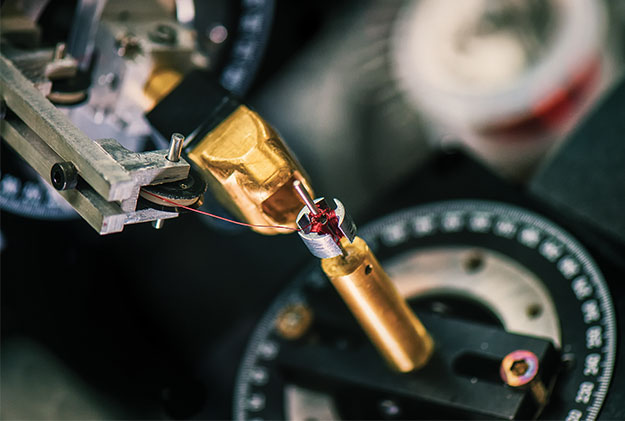Winter 2016: Energy Evolution
From carbon dioxide conversion to landfill mining, researchers at UTA are seeking viable alternative energy options.
Skip to content. Skip to main navigation.
From carbon dioxide conversion to landfill mining, researchers at UTA are seeking viable alternative energy options.
Found in everything from space shuttles to dental fillings, composite materials have thoroughly infiltrated modern society. But their potential is still greatly untapped, offering researchers ample opportunity for discovery.
Within the particle showers created at the Large Hadron Collider, answers to some of the universe’s mysteries are waiting.
Model systems like pigeons can help illuminate our own evolutionary and genomic history.
UT Arlington's tiny windmills are bringing renewable energy to a whole new scale.
The stability of our highways, pipelines, and even manholes is reaching a breaking point.
Scientists believe they have discovered a subatomic particle that is crucial to understanding the universe.
UT Arlington researchers unlock clues to the human body’s most mysterious and complex organ.
UT Arlington researchers probe the hidden world of microbes in search of renewable energy sources.
Wounded soldiers are benefiting from Robert Gatchel’s program that combines physical rehabilitation with treatment for post-traumatic stress disorder.
Tiny sensors implanted in the body show promise in combating acid reflux disease, pain and other health problems.
Nanotechnology researchers pursue hybrid silicon chips with life-saving potential.
Biomedical engineers combat diseases with procedures that are painless to patients.

To help bring more manufacturing jobs to the United States, the Walmart Foundation awarded UTA a grant to build a robotic small motors assembly and testing system. Small motors are found in toys, small appliances, and other consumer products. By creating a machine that can build these devices, the researchers hope to cut the manufacturing costs of goods.
"Walmart is committed to bringing manufacturing to America," says Aditya Das, project leader and UTARI senior research scientist. "We are doing our part to develop U.S. manufacturing by building a machine that helps build these motors."